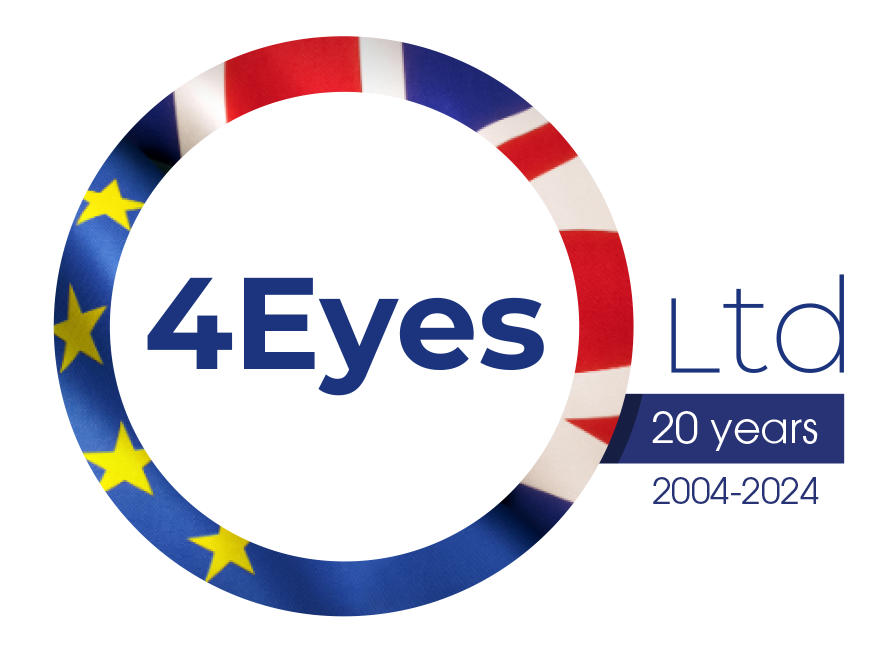The Windsor Framework and excise duty
On Monday 27 February, the UK and the EU agreed a deal to make changes to the Northern Ireland Protocol to the UK’s Withdrawal Agreement with the EU. The deal is currently going through the ratification process in the UK Parliament: if passed, the deal will likely be quickly ratified by the EU as well.
The Windsor Framework includes changes to rules for movements of goods from Great Britain into Northern Ireland.
The new deal is designed to:
restore the smooth flow of trade within the UK internal market;
safeguard Northern Ireland’s place in the Union; and
address the “democratic deficit”.
As the deal is principally focussed on trade and safeguard arrangements for internal UK trade with Northern Ireland, with a couple of exceptions we do not anticipate major alterations to processes for trade between Northern Ireland and the EU.
Issues affecting excise taxation in Northern Ireland
1. Alcohol Taxation
The UK is undertaking a major overhaul of alcohol taxation. The reforms make changes to the duty structure for alcoholic products, creating a standardised series of tax bands based on alcohol by volume (ABV). The main changes are:
· Two new reliefs (Small Producer Relief and Draught Relief) and a temporary easement for certain wine products are to be introduced. The easement for wine producers and importers helps manage the transition to the new method of calculating the duty owed on their products. This easement will be in place until March 2025.
· The approval, return and payment processes for domestic producers of alcoholic products are being rationalised.
· Some parts of the current legislation that are outdated will be removed and other parts of the Alcoholic Liquor Duties Act 1979 (ALDA) and Finance Act 1995 will be re-enacted so that most of the primary legislation relating to alcoholic products is contained in one place.
There was some doubt whether these reforms could be introduced in Northern Ireland under the original Protocol Agreement with the EU. Following conclusion of the Windsor Framework this doubt has been removed and alcohol taxation including rates will be the same throughout the UK, after 31 July as before.
2. Internal UK Trade
The Windsor Framework establishes a new UK internal trade scheme, based on commercial data-sharing rather than international customs processes.
Under the existing arrangements, a framework exists which allows goods can move from Great Britain to Northern Ireland tariff-free. If the goods do not fall within that framework, they are treated as if moving across an international border. In that case, full customs declarations are required.
This agreement puts new arrangements in place through a new UK internal market system (or “green lane”) for internal trade. Goods being sold in Northern Ireland will not be subject to “unnecessary paperwork, checks and duties”.
The new scheme will significantly expand the number of businesses able to move goods using the green lane by being classed as internal UK traders. This will involve three changes:
businesses throughout the UK, not just those with a physical premises in Northern Ireland, will be eligible;
the turnover limit for businesses involved in processing to move goods under the scheme will be quadrupled to £2m; and
those with turnover above the threshold will be eligible to move goods under the scheme, if those goods are for use in the animal feed, healthcare, construction, and not-for-profit sectors.
Businesses in the scheme that can show their goods will stay in Northern Ireland will gain access to a simplified process for goods movements, using ordinary commercial data rather than customs data. This is underpinned by the existing Trader Support Service (TSS).
It remains to be seen if there will be any exceptions (e.g. for alcohol or tobacco goods deemed to be “high risk”), but this seems unlikely given the intent to de-emphasise internal UK-NI barriers to trade. However, it appears probable that larger business, including those trading in excisable goods, will still need to follow some process (possibly simplified) using the TSS.
Goods moving to the EU will be subject to normal third-country processes and requirements.
Way forward
4 Eyes Ltd can help with all your UK and EU exporting requirements. Please call us if these services are of interest.
